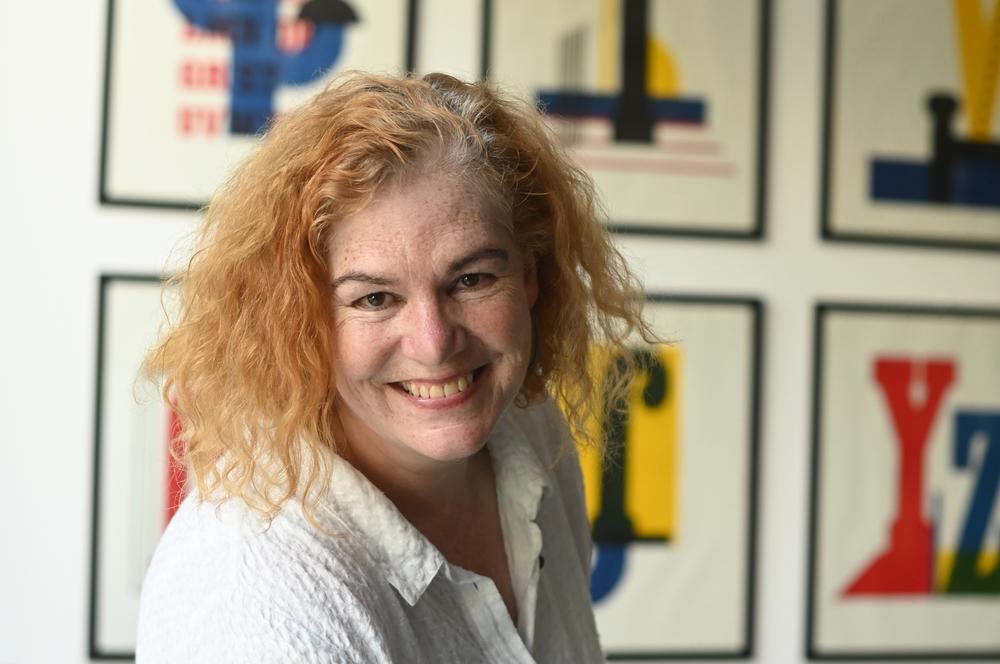Cooperation with Oxford
British German Professor and Einstein Visiting Fellow Karen Leeder talks about her research on twentieth-century German poetry and her new project AfterWords.
Feb 27, 2023
In our International Portrait series, a wide variety of people tell us their stories, giving us a look at international research, study abroad, and everyday university life from a variety of perspectives.
This week, we meet German Studies Professor Karen Leeder, who has been leading the project "Mediating Modern Poetry" in Oxford for several years. She will be an Einstein Visiting Fellow conducting research on her project AfterWords.
Having worked for the last thirty years in Oxford on aspects of German-language poetry (also as a translator), I am very much looking forward to working with Professor Jutta Müller-Tamm, the Friedrich Schlegel Graduiertenschule, The Temporal Communities Hub and the Freie Universität as part of my Einstein Visiting Fellowship.
I have got interested over the last years in ‘lateness’ in all its aspects, but this new project, AfterWords, shifts the focus a bit—asks what it is to come after, to follow, to consider oneself, as an artist, as always already late, or for a work to always be related to a previous model. The focus is on German poetry of the twentieth century and beyond, but this core focus is also seen against a larger tradition and within international context. Strands will focus on lyric voice; lyric attention; forms of lyric transmission and modes of lyric engagement. Innovatively bringing together academics and practitioners, AfterWords offers structured snapshots from across the twentieth century onwards recalibrating understandings of modern literary history and redefining the afterlives of authors across epochs, geographical boundaries, languages and multiple intermedial contacts. In tracing the trajectory of poetry during this time span, it will engage with key political concerns and aesthetic questions of the (our) age and explore how poetry lives on beyond its own historical moment.
I am excited to engage with academic interlocutors, students and other creatives, but also to reach out beyond the academy into the vibrant literary scene in Berlin.
If you would also like to share your international story with us, please write to us at news@international.fu-berlin.de.

